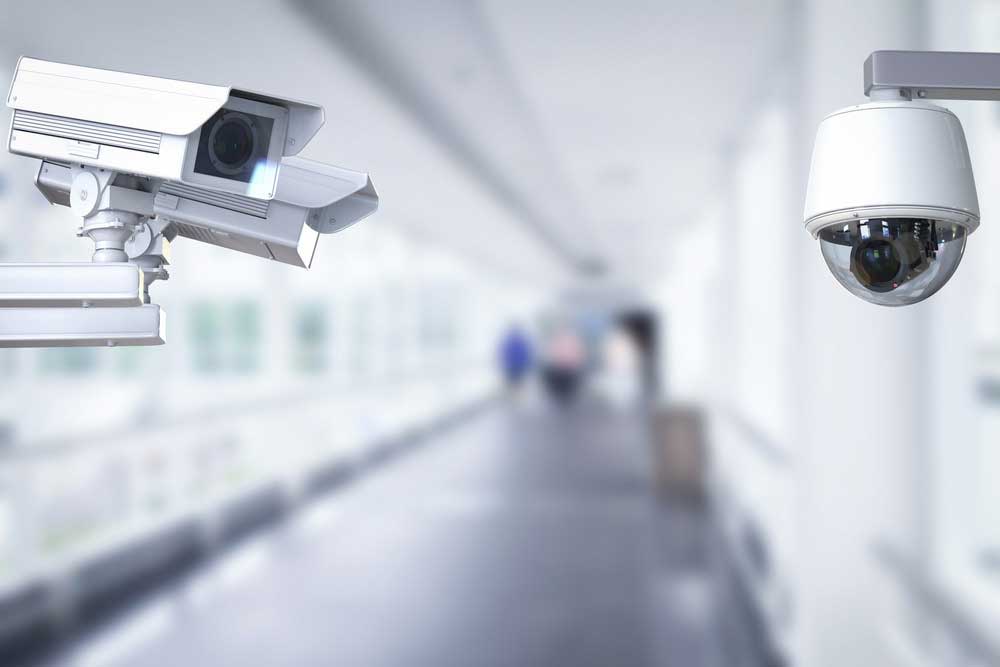Learn about USC Verdugo Hills Hospital’s efforts to improve security for patients, visitors and staff.
Since the start of the COVID-19 pandemic, hospitals have faced big responsibility in keeping patients and employees safe from the virus — and to also manage resulting impacts on operations and staffing. They’re also among many types of facilities boosting efforts to detect potential threats of weapons and physical violence.
To meet these needs, USC Verdugo Hills Hospital (USC-VHH) relies on a security system that uses closed captioning camera footage and AI-generated software to deliver comprehensive threat prevention.
The solution, deployed in 2020, offers 24-hour intrusion detection and perimeter protection of all entrance and exit points in the hospital, including parking areas and restricted parts of the hospital grounds, without the need for a physical security guard’s presence.
“We’re not only able to make the environment a lot safer, but also more manageable and informed in terms of security,” said Armand Dorian, MD, MMM, CEO of USC Verdugo Hills Hospital.
Smart hospital technology keeps staff and patients safe
Since implementing the new video analytics, USC-VHH has seen significant improvements in their security operations, said Steve Vargas, the hospital’s director of security.
“The system has helped the hospital reduce false alarms, improve response times and provide a safer and more efficient environment for patients, visitors and staff,” Vargas said.
The system’s gun detection technology, for instance, can identify a wide variety of firearms in real time and track potential gunmen through the connected camera system — even when a weapon is hidden.
The technology also helps security personnel detect fights, assaults, and other types of aggressive behavior with a high accuracy rate. Facial recognition features allow for identification of individuals placed on “be-on-the-lookout” lists, as well as anyone flagged by hospital security as a potential threat.
The AI-generated system’s integration with the hospital’s existing video surveillance system has enabled the hospital’s security department to send faster real-time alerts, helping to reduce the risk of harm to patients and personnel.
“Using AI, USC-VHH is investing in more than basic brick-and-mortar security measures,” Dorian said. “We’re looking at technology to provide the most cutting-edge safety.”
Pandemic tech inspires wider safety measures
At the height of the pandemic, USC-VHH’s new security system supported non-contact thermal screening, real-time people counting and face mask usage detection to help reduce the risk to staff and visitors and also to prevent spreading the virus.
“Instead of manually taking temperatures, the system automatically sensors temperatures by focusing on the person’s forehead,” Vargas said.
The socially distanced aspect of the security system was optimized to address additional safety concerns, allowing hospital security to monitor a comprehensive range of potential threats with the benefit of artificial intelligence.
“We definitely saw a quantifiable benefit in terms of facilitating the entrance of patients and visitors during the height of the pandemic,” Vargas said.
The efficiency and safety of this pandemic response, Dorian said, allowed for greater insight into how the system could be maximized for safety beyond COVID-19 challenges.
By: Michael Juliani

